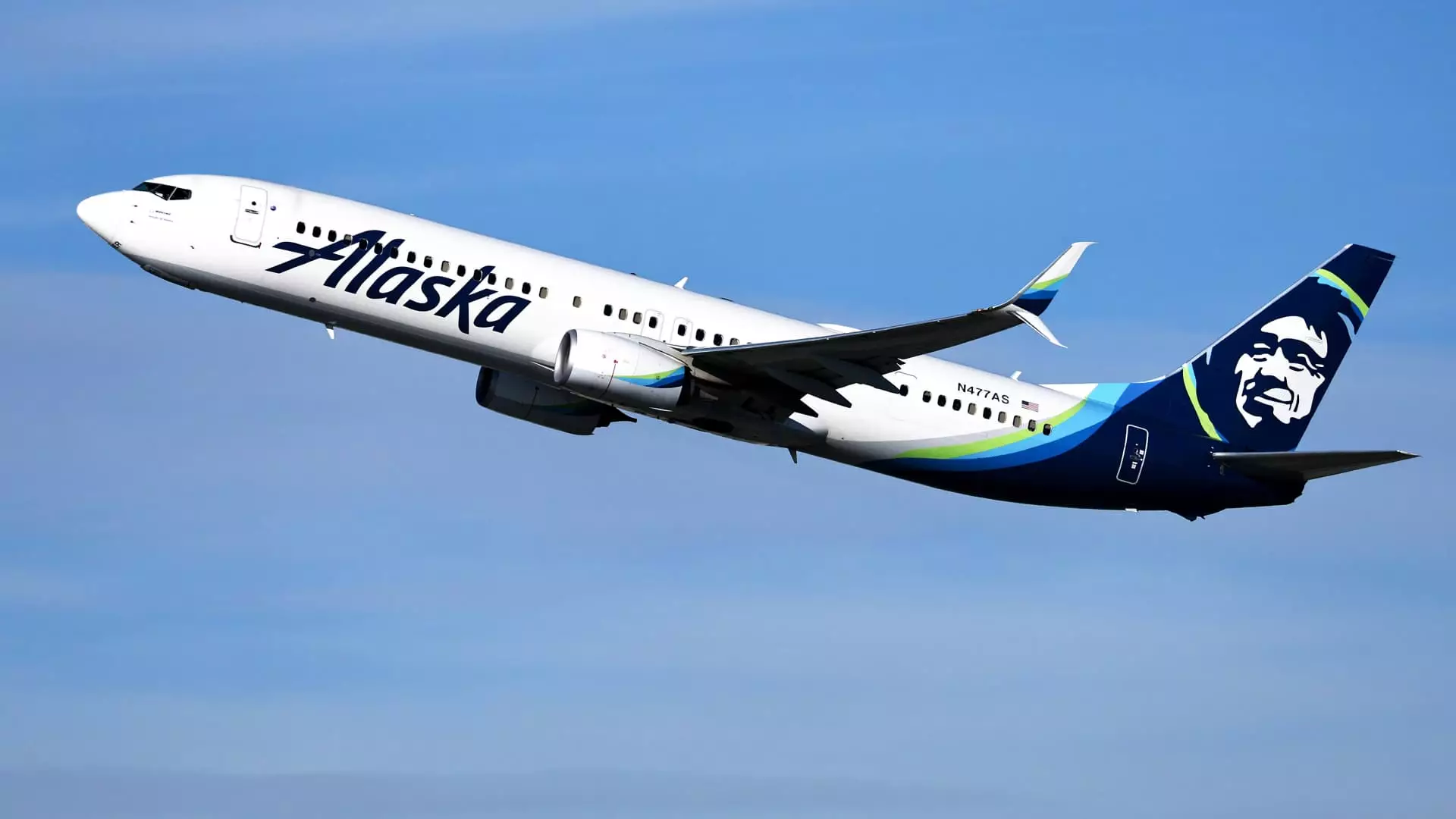In a major blow to aerospace giant Boeing, the Federal Aviation Administration (FAA) recently ordered a temporary grounding of dozens of Boeing 737 Max 9 aircraft. This directive, issued after a plane experienced a blowout incident during a flight, affects around 171 planes worldwide. The news has sent shockwaves through the industry, resulting in a significant drop in Boeing’s stock value.
Stock Plummets
Boeing’s shares took a significant hit in premarket trade on Monday, with an early-hours trading drop of over 8%. This decline reflects investors’ concerns and uncertainty surrounding the grounding order. The company now faces a challenging period to regain trust and address the issues plaguing its aircraft.
The grounding order issued by the FAA requires inspections of the affected aircraft before they can resume operations. This directive currently applies to U.S. airlines and carriers operating within U.S. territory. The inspection is crucial for ensuring passenger safety and preventing any further incidents like the one that occurred on Alaska Airlines Flight 1282.
Implications for Airlines
Among the 171 grounded aircraft, United Airlines and Alaska Airlines are the most impacted, with 79 and 65 planes respectively. The remaining 74 planes are distributed across six other airlines. This temporary grounding poses significant challenges for these airlines as they face disruptions to their flight schedules and potential financial losses.
History of Issues
The recent blowout incident on Alaska Airlines Flight 1282 adds to Boeing’s growing list of problems. Since two fatal crashes several years ago, the company has faced scrutiny and worldwide grounding of its 737 Max jetliners. Aviation authorities have been closely monitoring Boeing’s operations, leading to heightened concerns about the company’s quality checks and ability to address safety issues effectively.
While Boeing faces uncertainty and a potential decline in market share, its European rival Airbus stands to benefit. Investors have speculated that Airbus could seize a greater market share from Boeing as a result of this crisis. The positive response from the market is evident in the 1.7% increase in Airbus shares, signaling investors’ confidence in Airbus’ ability to capitalize on Boeing’s setbacks.
The fallout from this grounding order and the blowout incident puts immense pressure on Boeing’s management team. Regulators and customers will demand clear explanations and swift resolutions to prevent future safety issues. Russ Mould, investment director at AJ Bell, highlighted the pressing challenges Boeing faces and suggested that airlines using 737 Max planes will be reevaluating their future aircraft requirements.
Boeing’s temporary grounding of its 737 Max 9 aircraft has sparked significant turbulence within the industry. The impact was clearly reflected in the sharp decline of Boeing’s shares. As the company grapples with this crisis, it must focus on rebuilding trust, addressing safety concerns, and regaining its standing in the aerospace sector. Meanwhile, Airbus stands poised to capitalize on Boeing’s setbacks and potentially seize a larger market share. The next moves made by Boeing’s management will determine its path moving forward, with significant headwinds ahead for the business.


Leave a Reply